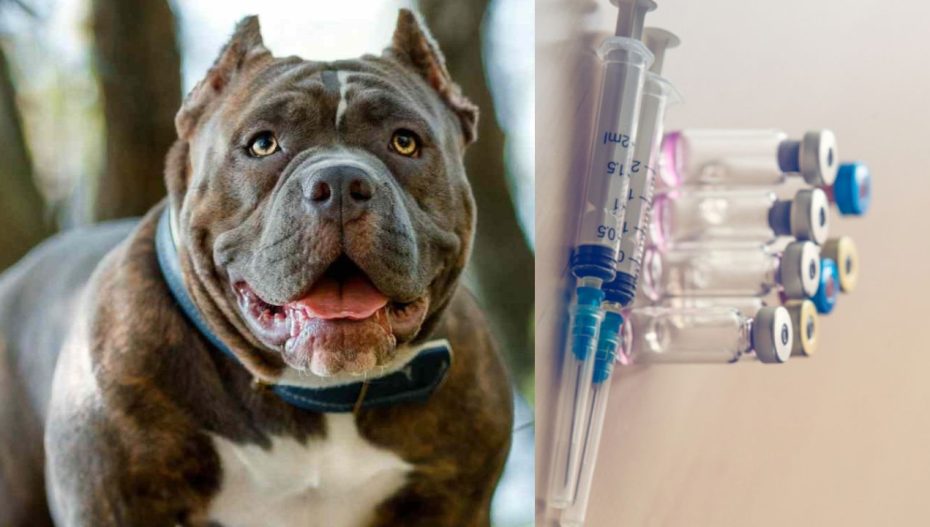Rabies is a deadly viral disease that can be prevented with vaccination, but due to temporary supply shortages, health professionals need to prioritize who receives the vaccine and consider alternative solutions.
What is Rabies?
Rabies is a viral infection transmitted through the saliva of infected animals, primarily through bites, but also scratches, licks to open wounds, and contact with mucous membranes. Bats can also carry the virus. Once symptoms appear, rabies is almost always fatal.
Prioritizing Vaccination:
With limited pre-exposure rabies vaccine available, health professionals need to prioritize patients at highest risk:
1.Travelers to endemic areas for extended periods
2. Young children
3. Individuals with occupational animal contact (vets, animal handlers)
Alternative Options and Recommendations: The MHRA has approved Verorab, an alternative rabies vaccine not currently licensed in the UK. Vaccination may be delayed for a few days until the preferred vaccine is available, without restarting the course. Consider completing the vaccine course abroad using the ISTM Global Travel Clinic Directory. For individuals at occupational risk who cannot complete the schedule, contact their Occupational Health department for additional mitigation strategies.
Animal Bite Prevention: Regardless of pre-exposure vaccination, all travelers should be advised on preventing animal bites and how to respond to bites, scratches, or licks.
Take action:
- Educate patients about rabies risks and prevention.
- Prioritize vaccination for high-risk individuals.
- Explore alternative solutions during supply shortages.
- Always advise on animal bite prevention and response.
Together, we can prevent rabies and protect individuals at risk.
Interim results from a Phase 1 clinical trial suggest that two novel COVID-19 vaccines developed in Melbourne. Read more.













